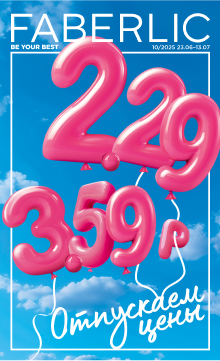Вы пытаетесь выбрать регион другой версии сайта. В случае перехода, вам придется набирать товары в корзину заново.
Парфюмерия
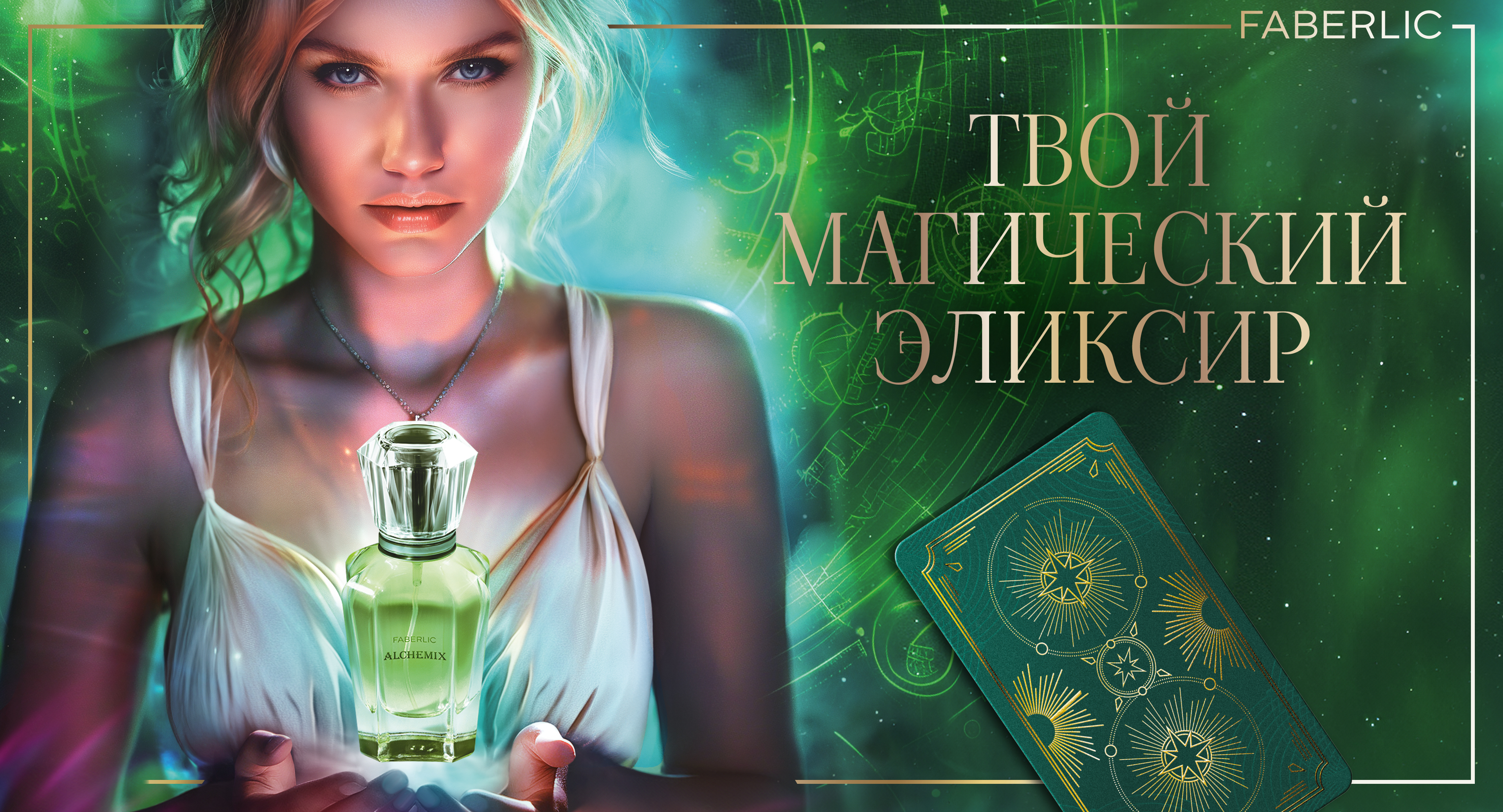 Среди первых алхимиков была женщина – мудрая и прекрасная. Каждую свою идею она превращала в «чистое золото» гениальных изобретений, но одна из ее формул оказалась поистине феноменальной. Лишь ощутив этот чарующий аромат, наполняешься силой и обретаешь внутренний свет. Alchemix – твой магический эликсир!
Среди первых алхимиков была женщина – мудрая и прекрасная. Каждую свою идею она превращала в «чистое золото» гениальных изобретений, но одна из ее формул оказалась поистине феноменальной. Лишь ощутив этот чарующий аромат, наполняешься силой и обретаешь внутренний свет. Alchemix – твой магический эликсир!
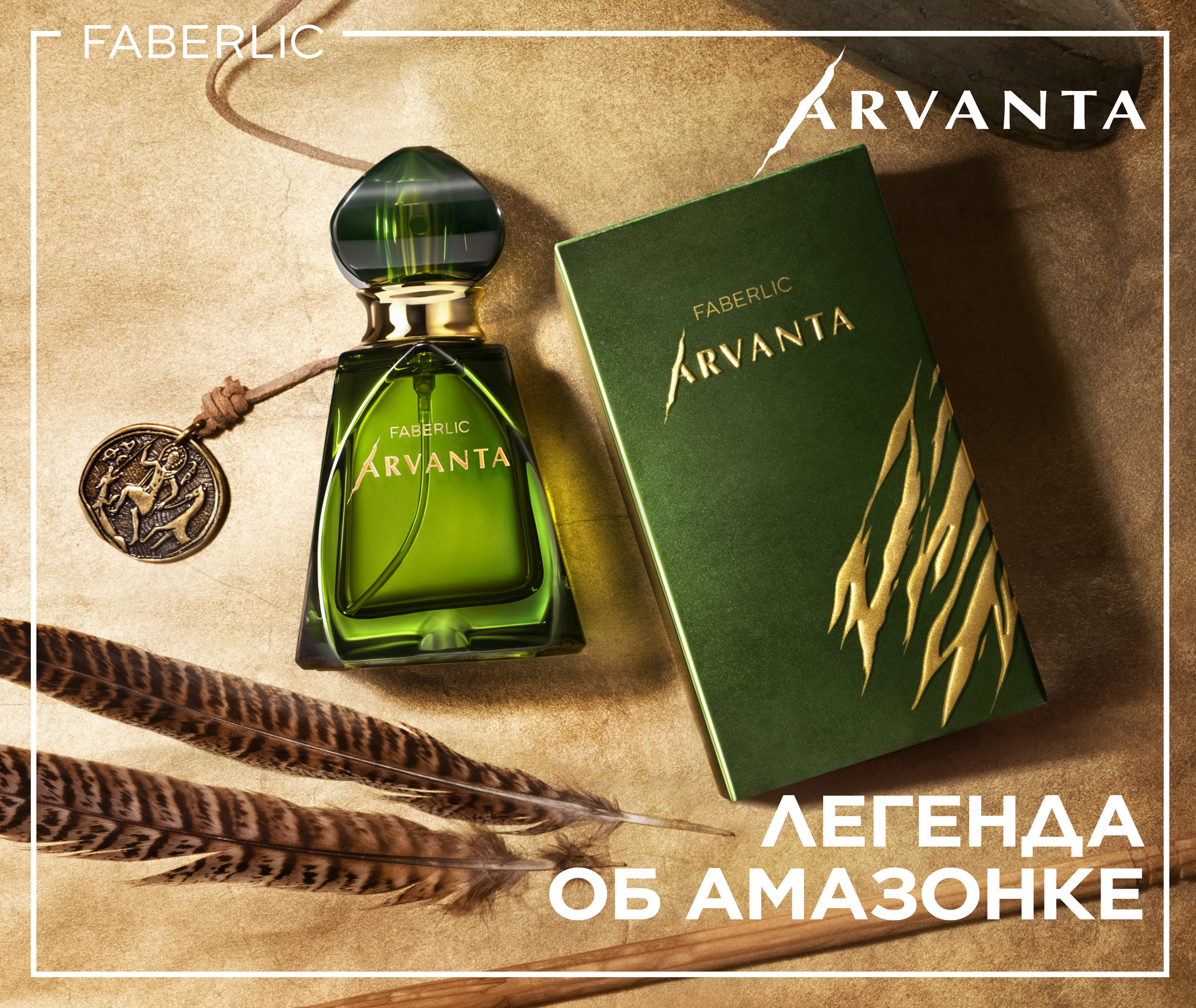 В древние времена миром правили храбрые амазонки, которые умели побеждать без боя — настолько сильно мужчин завораживала их чарующая красота. Вдохновленные легендами о могущественных и прекрасных воительницах, мы создали аромат Arvanta: он поможет раскрыть ту силу, которая есть в каждой из нас.
В древние времена миром правили храбрые амазонки, которые умели побеждать без боя — настолько сильно мужчин завораживала их чарующая красота. Вдохновленные легендами о могущественных и прекрасных воительницах, мы создали аромат Arvanta: он поможет раскрыть ту силу, которая есть в каждой из нас.
Подробности в презентации>>
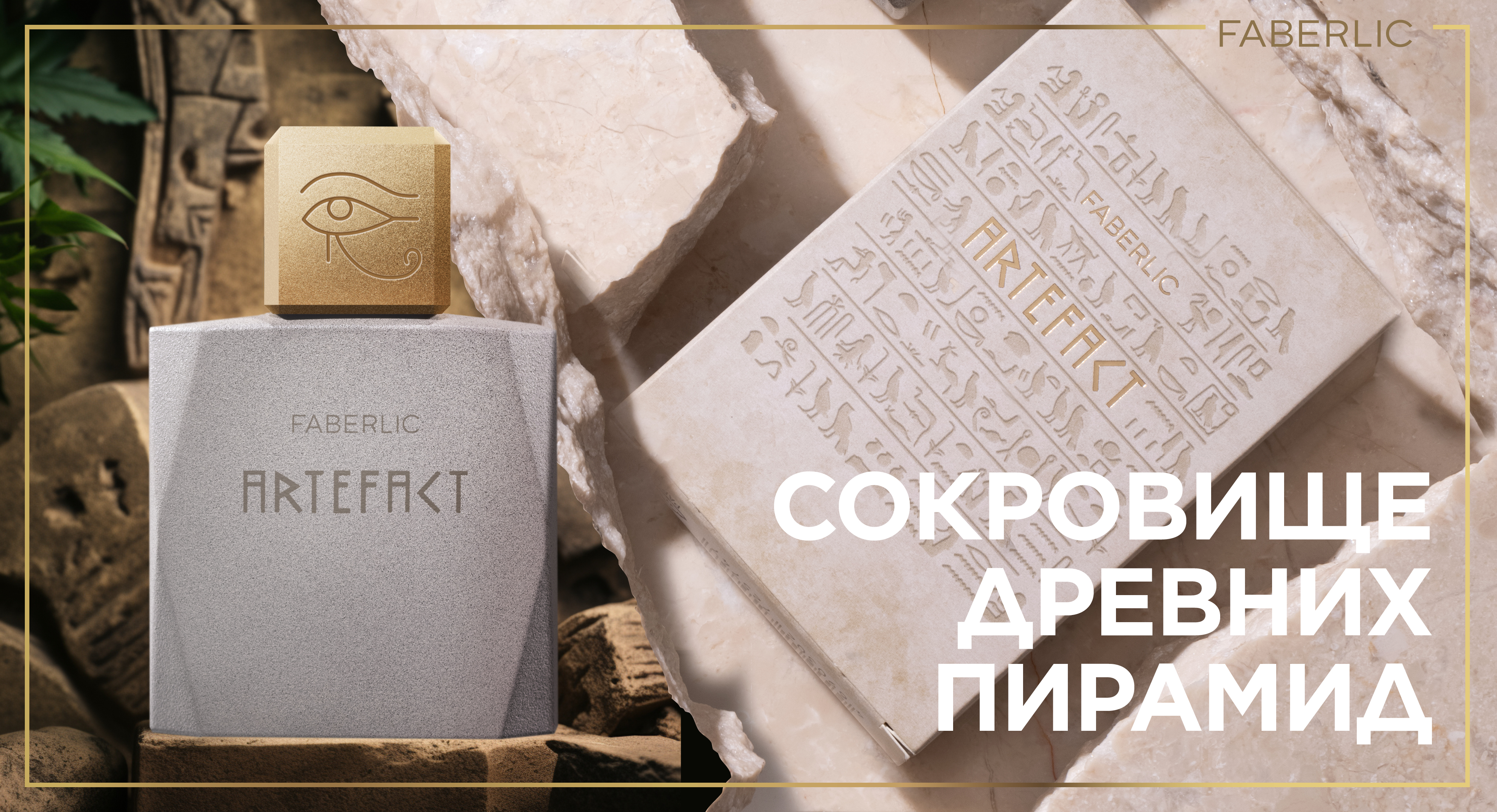 Древние цивилизации увлекают за собой в лабиринт тысячелетних загадок, символов и реликвий. Аромат Artefact вдохновлен легендой об уникальном амулете, принадлежавшем еще фараонам Древнего Египта. Глаз Гора – это знак безграничной силы, открывающий множество тайн. Наполни жизнь духом приключений!
Древние цивилизации увлекают за собой в лабиринт тысячелетних загадок, символов и реликвий. Аромат Artefact вдохновлен легендой об уникальном амулете, принадлежавшем еще фараонам Древнего Египта. Глаз Гора – это знак безграничной силы, открывающий множество тайн. Наполни жизнь духом приключений!
Смотри подробности в презентации>>
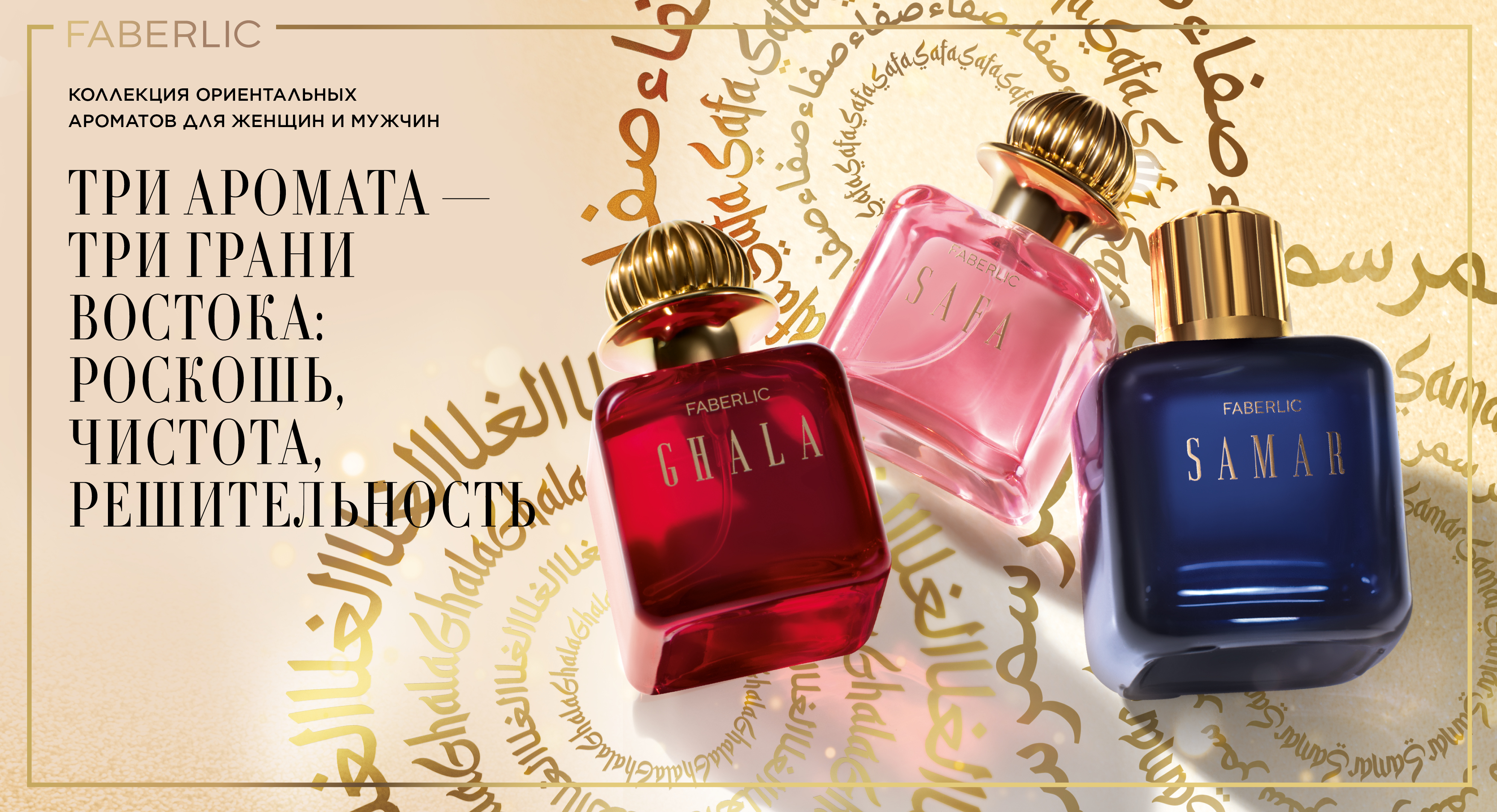 Коллекция ориентальных ароматов воплотила в себе всю контрастность и привлекательность современного Востока. Три аромата ярко отражают три его грани: роскошь, чистоту и решительность. Открой для себя Восток, чтобы влюбиться в него всем сердцем!
Коллекция ориентальных ароматов воплотила в себе всю контрастность и привлекательность современного Востока. Три аромата ярко отражают три его грани: роскошь, чистоту и решительность. Открой для себя Восток, чтобы влюбиться в него всем сердцем!
Смотри подробности в презентации>>
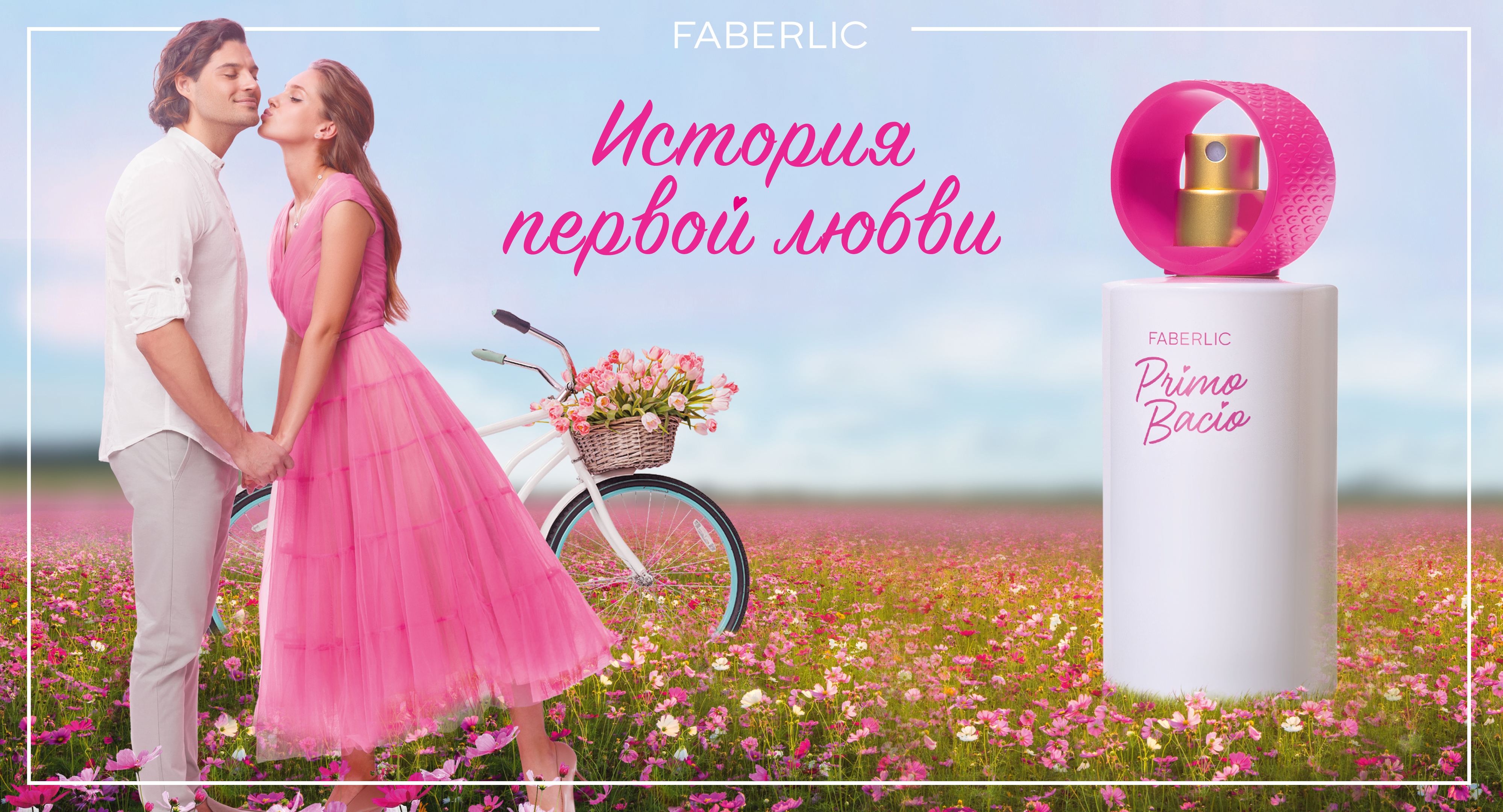 Каждая девушка помнит свой первый поцелуй. Сколько в нем нежности, наивности, искренности! Как много в нем юности, прелести! Мы проносим это нежное воспоминание через всю жизнь. Именно романтической историей незабываемой первой любви и вдохновлен аромат Primo Bacio, название которого так и переводится с итальянского – «первый поцелуй».
Каждая девушка помнит свой первый поцелуй. Сколько в нем нежности, наивности, искренности! Как много в нем юности, прелести! Мы проносим это нежное воспоминание через всю жизнь. Именно романтической историей незабываемой первой любви и вдохновлен аромат Primo Bacio, название которого так и переводится с итальянского – «первый поцелуй».
 Аромат Alatau вдохновлен величественной красотой высокогорной природы. Алатау – это заповедные места, где живописные долины поросли стройными елями, где летом великолепные луга пестрят разноцветьем, а заоблачные вершины покрыты вечными снегами. Это волшебная мелодия гор!
Аромат Alatau вдохновлен величественной красотой высокогорной природы. Алатау – это заповедные места, где живописные долины поросли стройными елями, где летом великолепные луга пестрят разноцветьем, а заоблачные вершины покрыты вечными снегами. Это волшебная мелодия гор!
Подробности – в презентации>>
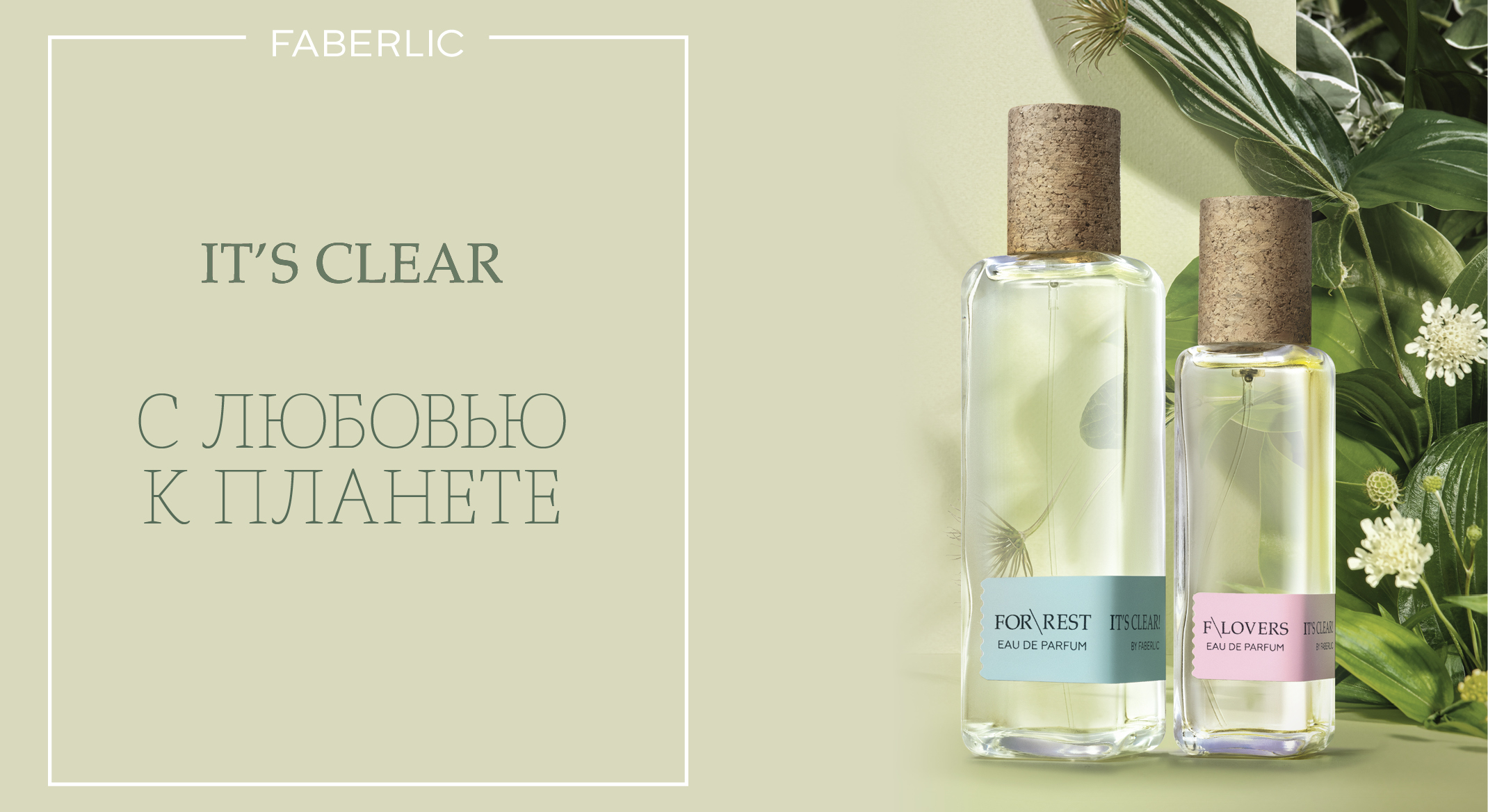 Парные ароматы It’s Clear созданы с любовью к планете. Экологичные упаковки, природные ароматы и натуральный комплекс, способствующий повышению иммунитета и восполнению энергии. Эра гармоничных отношений человека с окружающей средой уже началась!
Парные ароматы It’s Clear созданы с любовью к планете. Экологичные упаковки, природные ароматы и натуральный комплекс, способствующий повышению иммунитета и восполнению энергии. Эра гармоничных отношений человека с окружающей средой уже началась!
Смотри подробности в презентации>>
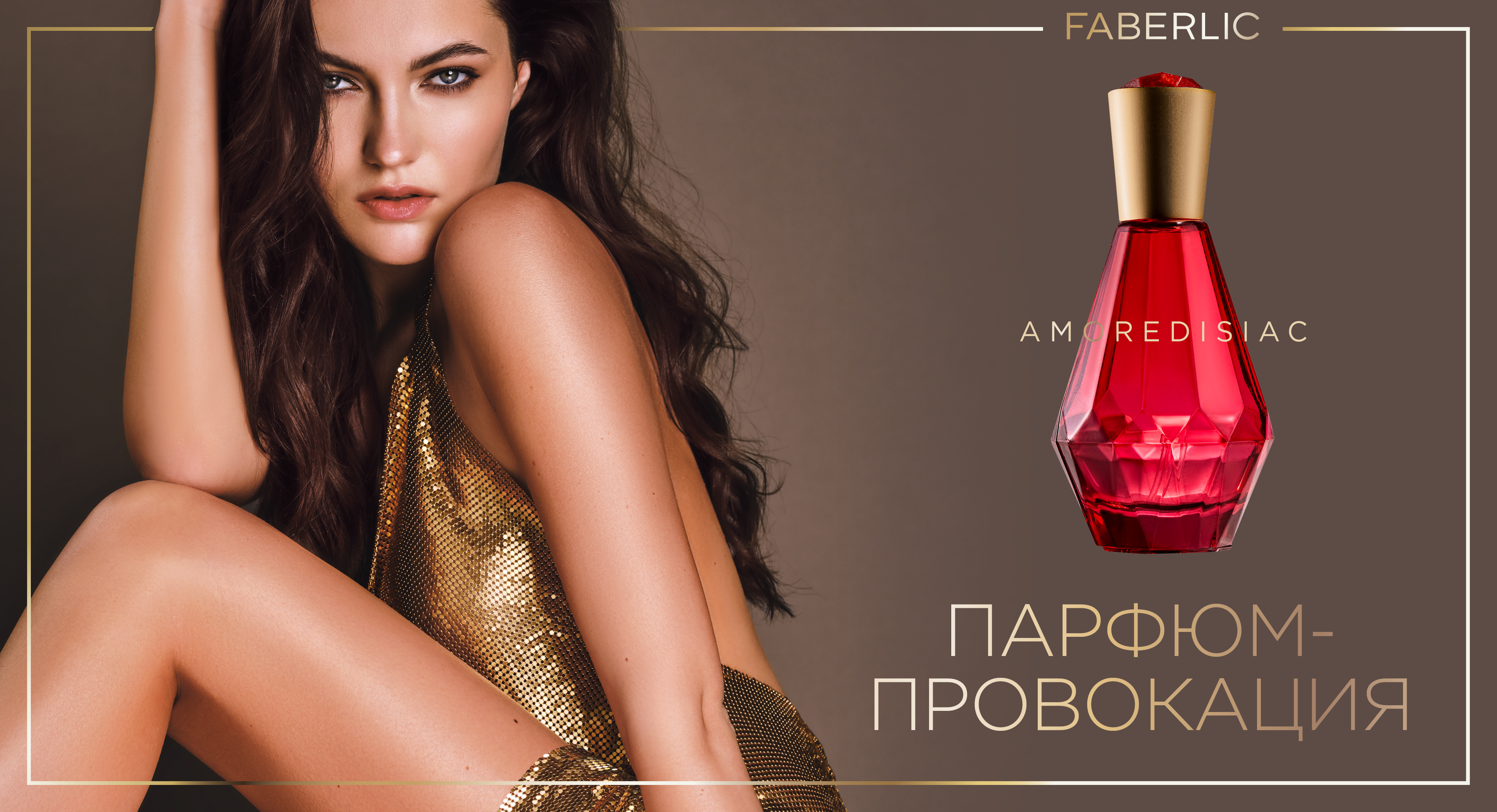 Раскрой свой магнетизм на все 100%! Аромат Аmoredisiac содержит сверхдозу молекул-аттрактантов, которые притягивают противоположный пол, делают тебя желанной и усиливают природную привлекательность. Попробуй наш парфюм-провокацию в числе первых!
Раскрой свой магнетизм на все 100%! Аромат Аmoredisiac содержит сверхдозу молекул-аттрактантов, которые притягивают противоположный пол, делают тебя желанной и усиливают природную привлекательность. Попробуй наш парфюм-провокацию в числе первых!
Узнать подробнее о новинке можно в презентации>>.
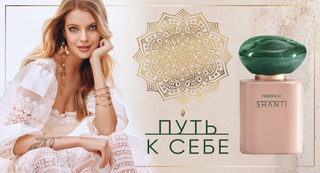 Найти внутри себя свет и спокойствие. Наполнить этим светом мир вокруг. Ощутить гармонию. Взглянуть на новую себя со стороны и созерцать: умиротворенная и безмятежная, ты знаешь, как быть счастливой здесь и сейчас.
Найти внутри себя свет и спокойствие. Наполнить этим светом мир вокруг. Ощутить гармонию. Взглянуть на новую себя со стороны и созерцать: умиротворенная и безмятежная, ты знаешь, как быть счастливой здесь и сейчас.
Смотри подробности о новом аромате Shanti в презентации!>>
 Что манит в образе средневекового рыцаря? Доблесть, честь и благородство. Эти же качества ценятся и в современных мужчинах. Рыцари среди нас, просто со временем изменились подвиги. Но неизменно рыцарям нужно вдохновение, чтобы совершать прекрасные поступки.
Что манит в образе средневекового рыцаря? Доблесть, честь и благородство. Эти же качества ценятся и в современных мужчинах. Рыцари среди нас, просто со временем изменились подвиги. Но неизменно рыцарям нужно вдохновение, чтобы совершать прекрасные поступки.
Серия Lancelot создана для завершения образа современного рыцаря. Как? Читайте подробности в презентации!>>


